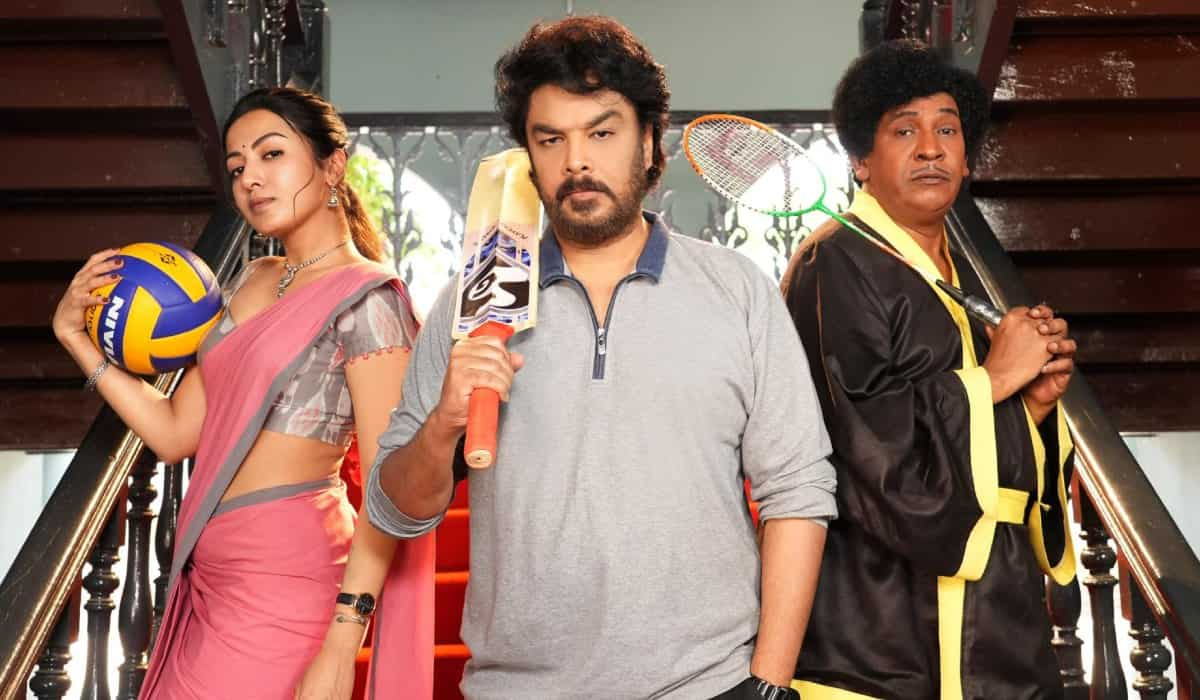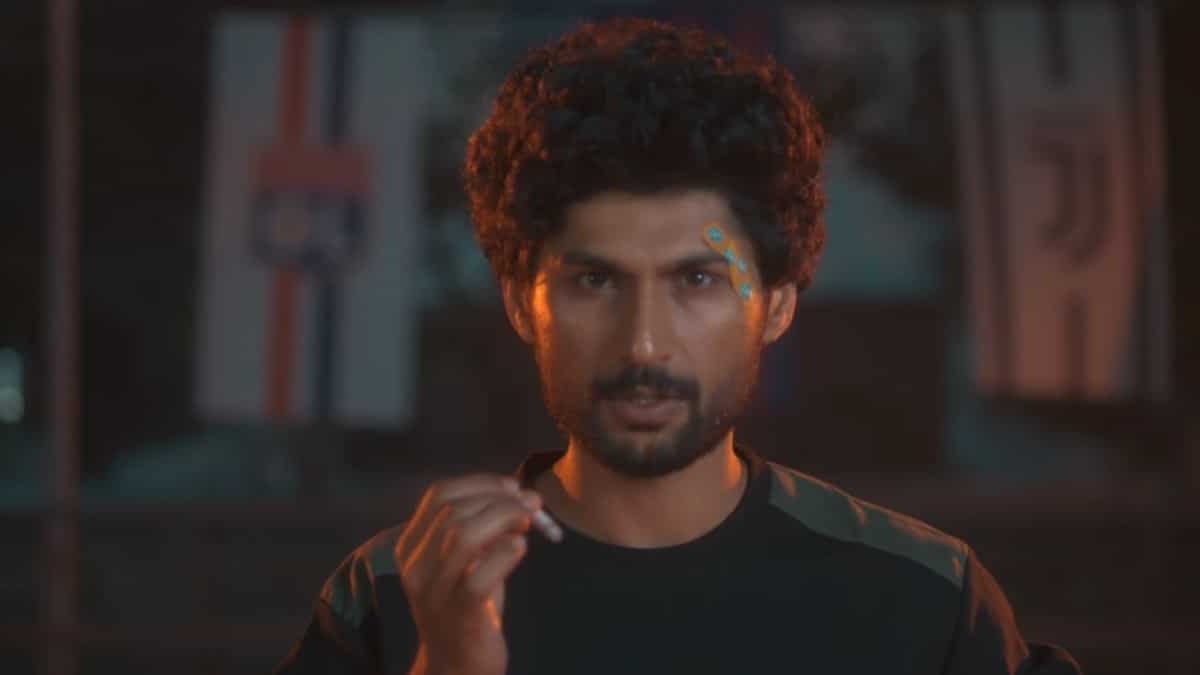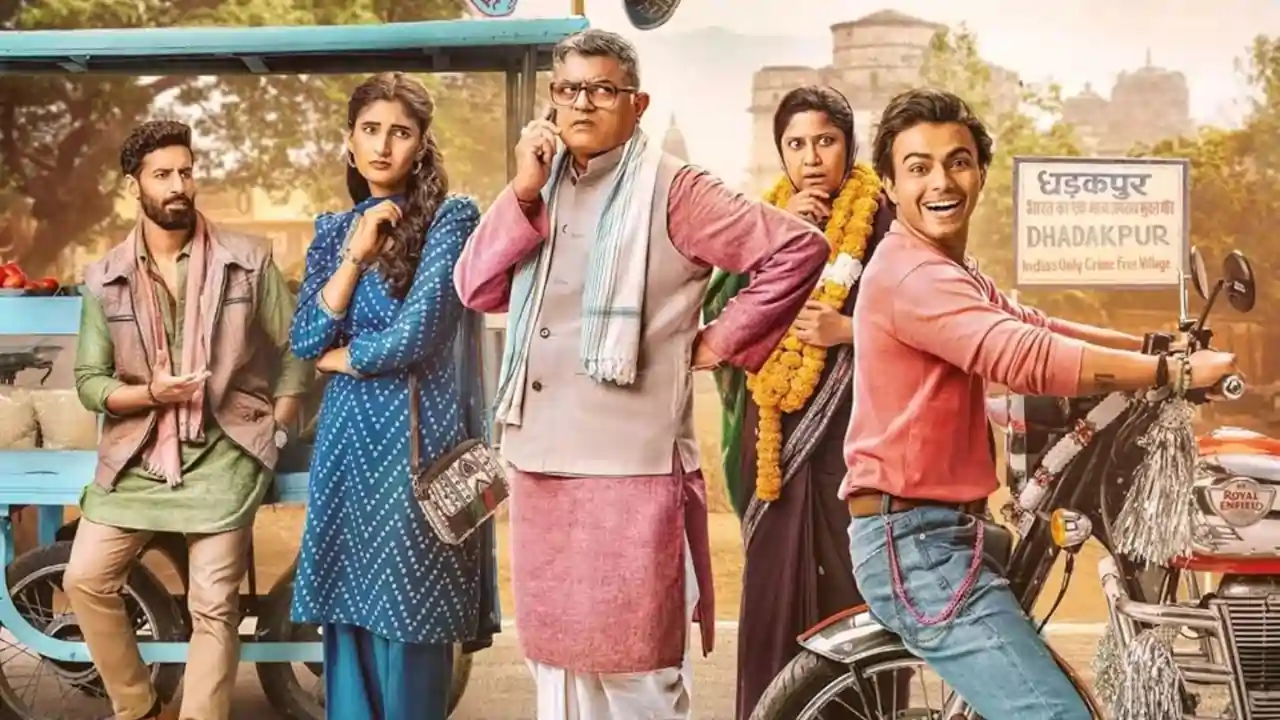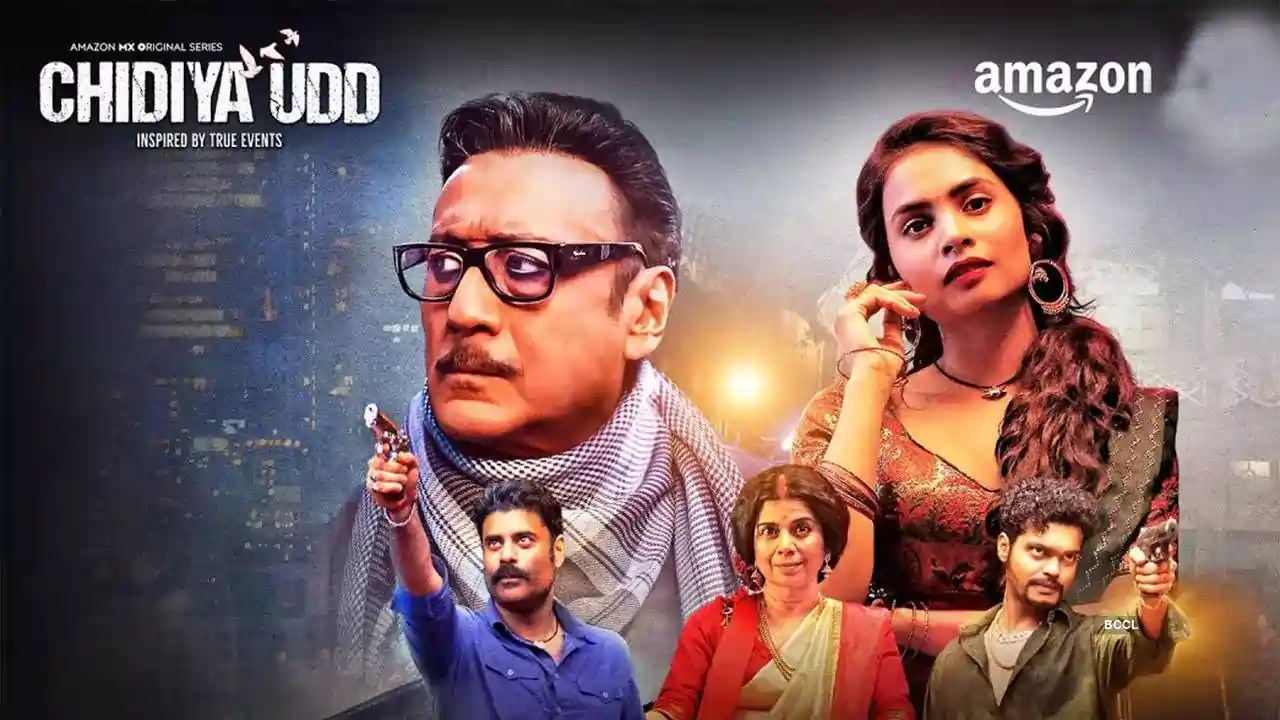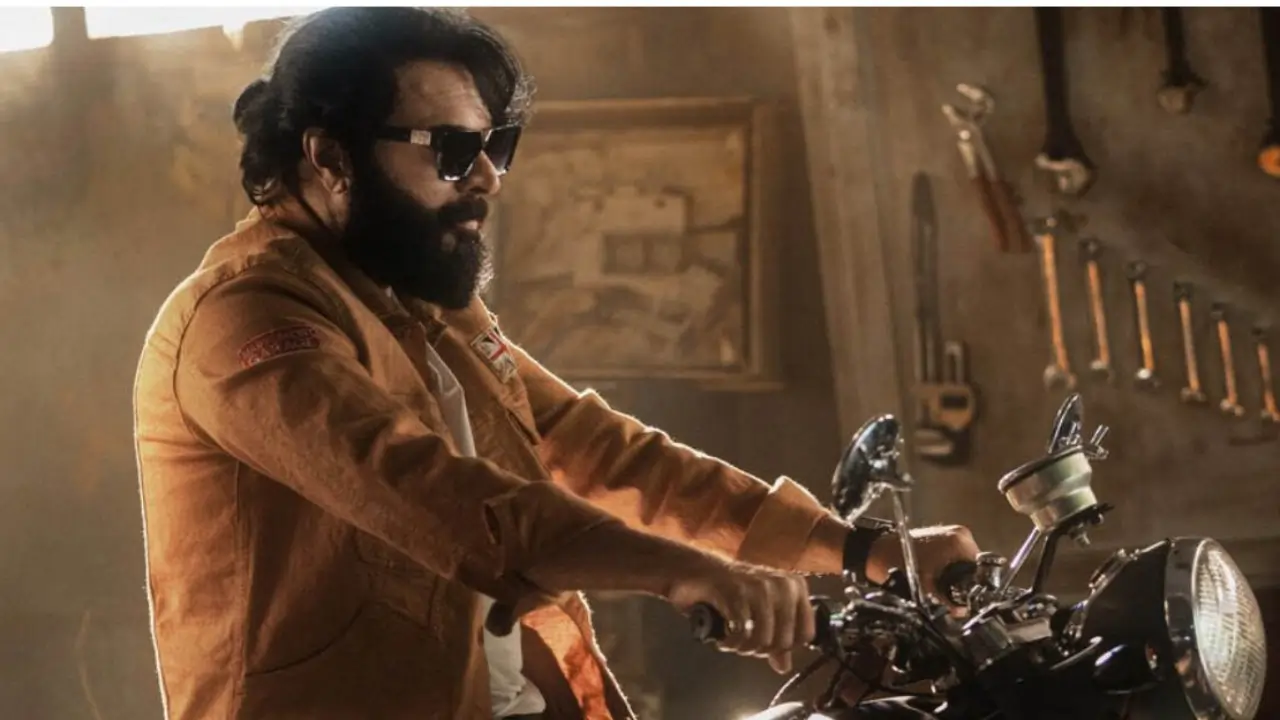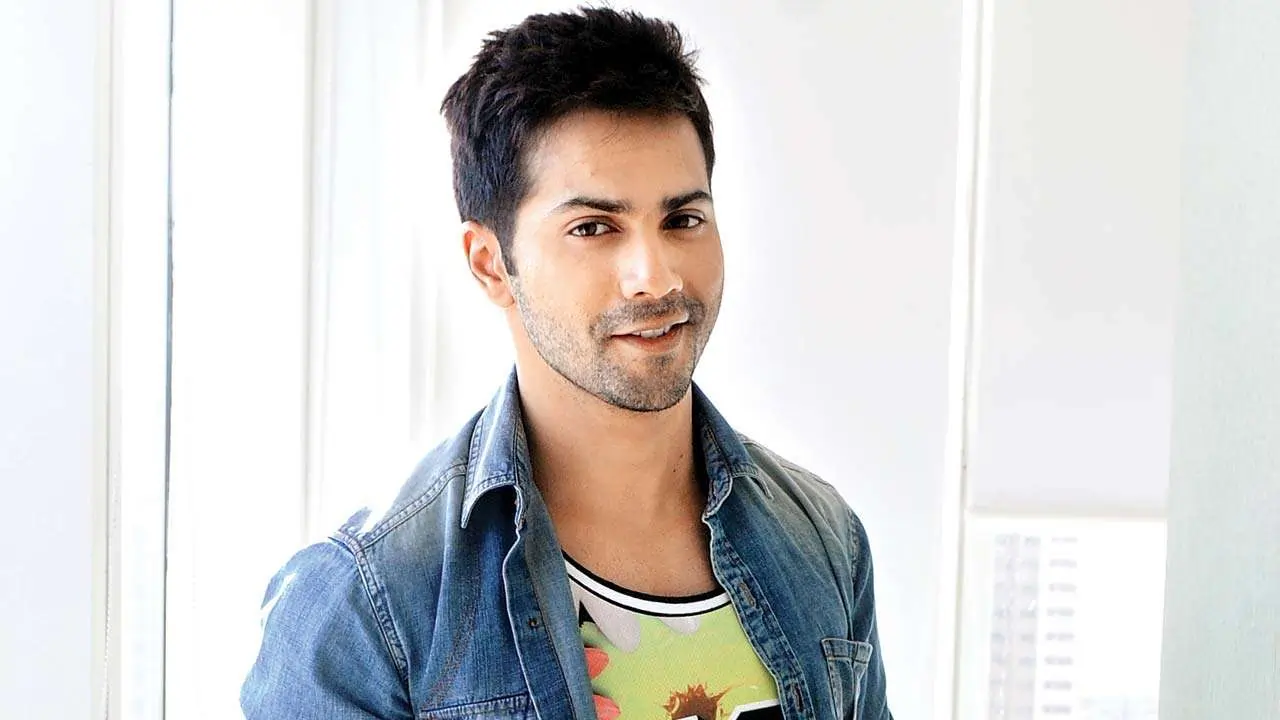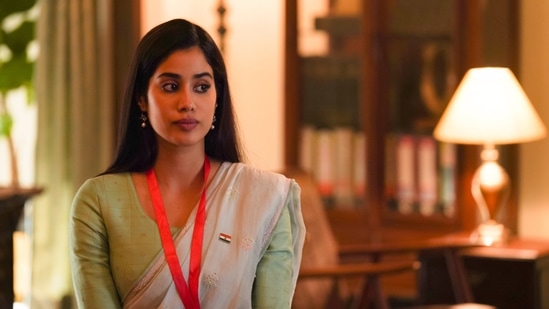
Ulajh movie review: Janhvi Kapoor makes a case for ‘talented’ nepo babies in this entangled thriller
8 months ago | 231 Views
Imagine watching a film on the big screen and an advertisement pops up in the thick of things. It’s not a subtle product placement of the occasional beer bottle or a car brand, but a full advert of a famous candy. A character mouths the tagline even as things are tense ‘praan jaaye par Pulse na jaaye’. Ulajh, as a film, is that in-your-face product placement, selling you the actor in Janhvi Kapoor. While at this juncture in the film, it’s literally their ‘praan’ at stake, it's still not as intelligent a wedge-in as the marketing department might have thought it to be.
The plot
The story revolves around a young, bright, polyglot Suhana Bhatia (played by Janhvi), who comes from an influential family of diplomats and a grandfather ‘whose name is written in school textbooks'. Appointed as India’s youngest Deputy High Commissioner, the sword of nepotism looms large over her head. Sounds familiar? While we would never know whether the story was written keeping Kapoor in mind, it certainly seems that way. Taking forward her family’s legacy, and being ridiculed for her privilege is the story both the actor and her character share.
Suhana has just got out of a relationship, and been posted in London. She meets smooth talker Nakul (played by a sharp Gulshan Devaiah), a Michelin star chef who charms her instantly. That’s where trouble begins. He turns out to be a corporate blackmailer (and a lot of other things), and she finds herself at crossroads- should she save her father’s promotion and job, her reputation or the country’s secrets? Not giving away any spoilers, but you would be able to smell the next twist from a mile away.
Too many problems
Ulajh tries to be a lot of things- a comment on nepotism, on unfair treatment towards women in power at a workplace, sexist speculations about how they reach there-- and ultimately, on why diplomacy is the answer to inter-country conflicts. It all leads to the film taking itself too seriously.
The intermission point leaves you surprised, but the second half feels like Ulajh would be nicer as a web series instead, with ample time to explore different storylines. Ulajh rushes and expects viewers to be on the same page wherever the ride makes a jarring halt. The problem with films based on inter-country conflicts is they want to be taken seriously, but still rely on convenience to drive the plot forward. Two characters on the run from intelligence officials reach India from London, without anyone being able to trace them and a random person can break a prime minister’s security convoy with ease.
Janhvi's performance report card
Janhvi, expectedly, dominates each and every frame of this Sudhanshu Saria directorial. She begins the film with a certain earnestness as the girl who won’t stay quiet sitting amidst her seniors in front of a minister, and even blackmails him. That the same tactic comes back to bite her later, is clever.
But she fails to tug at your heart strings when she gets into trouble. Her helplessness is the same as her character in Mili. Her desire to prove herself is the same as Gunjan in her previous film, Gunjan Saxena- The Kargil Girl. The quest to drill her acting chops into our heads, is similar to Ulajh drilling its ‘nepotism doesn’t mean talent isn’t there’ stance. We see what you did there, Parvez Shaikh and Sudhanshu, who share writing credits.
It becomes more than evident in a shot meant to highlight Suhana’s thirst for revenge towards the climax and to flex Janhvi's acting abilities. Roshan’s character asks ‘ab yeh bakri kya karegi?’ The camera stays on Janhvi’s face and quickly zooms in for a close up as she says ‘poora ka poora sher khaa jaayegi’.
Why the film keeps ticking forward is because of its supporting cast. Gulshan Devaiah as the ‘chef (?) spouting poetic lines in climax’ is fab. Adil Hussain gets few scenes, but he kills it in the last one as a concerned father. Rajesh Tailang says hi with his friendly driver vibe, with shades of grey. Roshan Mathew deserved more screen time. Meiyang Chang gets one good scene, and that too is short lived (pun intended).
Read Also: Brinda Review: Trisha Krishnan's debut series is a riveting and must-watch crime drama
#

